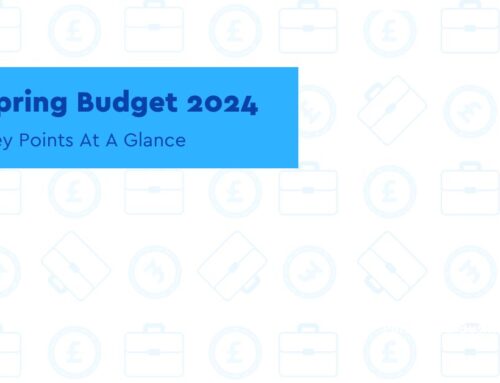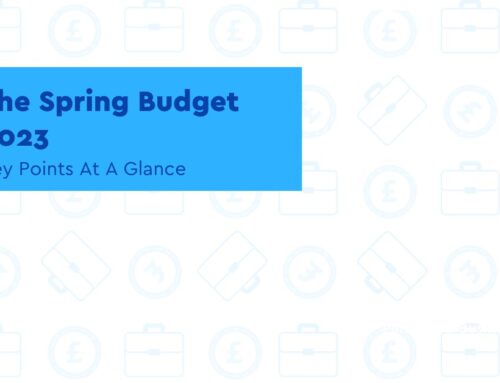Every business needs a positive cash flow in order to stay afloat.
Without enough money coming in, you can’t buy the materials you need, you can’t pay your staff, you can’t pay your suppliers and you can’t pay your bills. You simply can’t run your business or push towards growth.
It is therefore imperative that you have a game-plan in place to address this. We have compiled ten easy ways that you can improve your small business cash flow. We hope you find them useful…
1. Review your prices
Many businesses undercharge for their products and services when they could be earning so much more. Therefore, we advise that you review your pricing by:
- Researching what your competitors charge, what services or products they provide and what their costs are.
- Calculate your own business costs and how your current prices reflect this.
- Consider whether your products are fairly priced considering the resources involved. Do they seem cheap or valuable to the consumer?
- Review whether the market prices have increased (due to inflation, etc.) and make the necessary adjustments.
2. Grow your products and expand your market
Adding new sources of income will improve cash flow for your business, in addition to boosting your brand image and profit. Ask yourself the following questions to get you started:
- Could you add new services or products to your current business model?
- Could you review your marketing plan to increase brand awareness and increase sales?
- Could you encourage your existing customers to spend more by creating bundles or packages?
- Could you mention related products that might also be of use to your clients?
3. Reduce your expenses
Your expenses take a huge chunk out of your potential profit, so consider whether you can cut these expenses altogether or find cheaper alternatives.
Find what works for you, without feeling tempted to use a particular gadget or piece of software because your competitors do.
Also consider how you can streamline your business to save time and money. By increasing productivity and hiring a professional to complete non income generating activities such as invoicing, filing taxes and other similar tasks, you will usually save money in the long run.
4. Ask customers and clients for a deposit
Reduce the chances of suffering from a financial loss by asking for a deposit of at least 50% of the total price. This is especially important for large or custom orders that will take a significant amount of time and resources and will improve your cash flow until the final project is submitted.
5. Send invoices immediately
Once you’ve delivered the service or completed the project, send your invoice immediately. This will increase your chances of getting paid quickly, create a more professional image and allow you to stay in control of your business finances.
6. Use your cash balances wisely
Deposit any cash balances in either an interest-earning business account or a business savings account. This will give you a financial cushion for those times when cash flow becomes more challenging and help you earn a few extra pounds along the way.
Make sure that whatever account you use allows you to withdraw money without incurring penalty fees.
7. Encourage prompt payment of invoices
Offering an incentive to encourage your clients to pay earlier so you can generate more positive cash flow and stay in control. Many industries offer a 2% discount if the invoice is paid within the first 10 days.
It’s also a good idea to send a reminder email to your clients a few days before the invoice is due, on the day it’s due and a few days afterwards.
8. Create late payment penalties
Take the time to create payment terms which include penalties for late payment. This will help you appear more professional and help ensure that you get paid when you should. Include this information in your terms and conditions to help you stay transparent.
9. Sell excess equipment or inventory
Generate more cash by selling anything your business doesn’t need, or that doesn’t offer your business any significant benefits. You’ll free up extra space, you won’t have to spend as much money on maintenance and you can better focus on what really counts.
10. Pay your bills when it’s right for you
When it comes to settling invoices and paying bills, always be strategic. Check if there are discounts for paying early, or penalties for late payment then pay when it’s best for your business. Be mindful of the terms and conditions when you do so. whilst staying within the terms and conditions.
By reviewing your business income and business expenses and making strategic adjustments you can improve the cash flow for your small business and increase your profits.
If you’d like any help with the topics discussed here, don’t hesitate to get in touch with one of our partners in Birmingham or London.
DISCLAIMER: This article is for guidance only, and professional advice should be obtained before acting on any information contained herein. Morgan Reach Chartered Certified Accountants cannot accept any responsibility for loss occasioned to any person as a result of action taken or refrained from in consequence of the content of this article.







